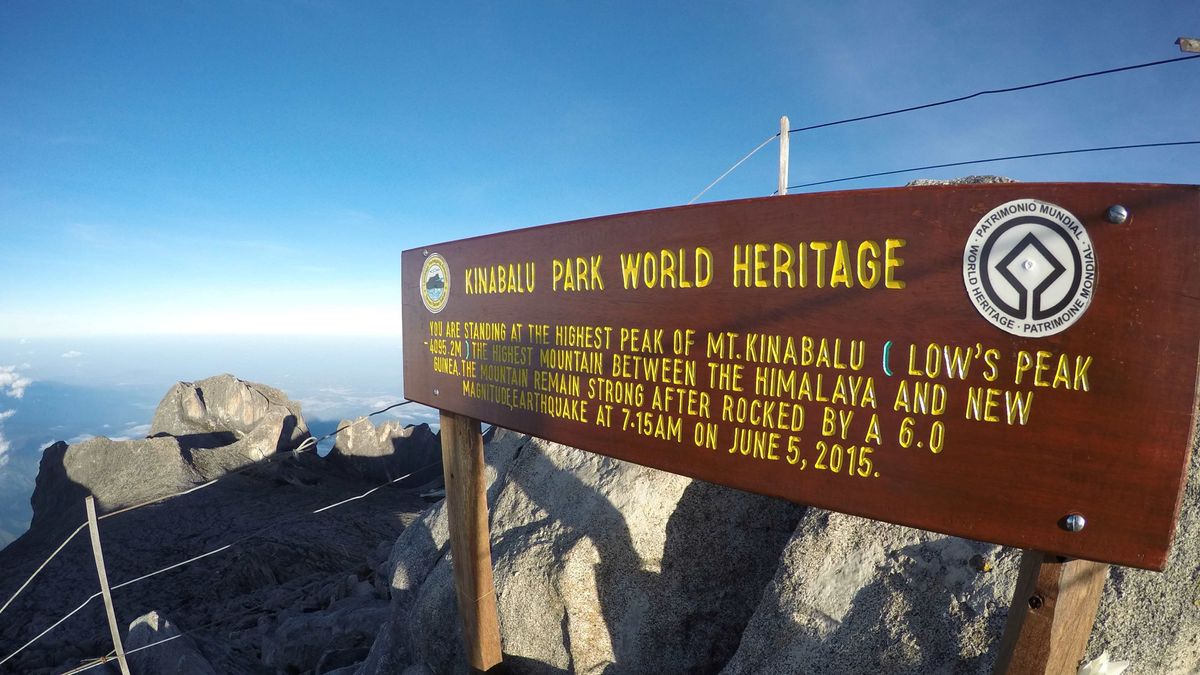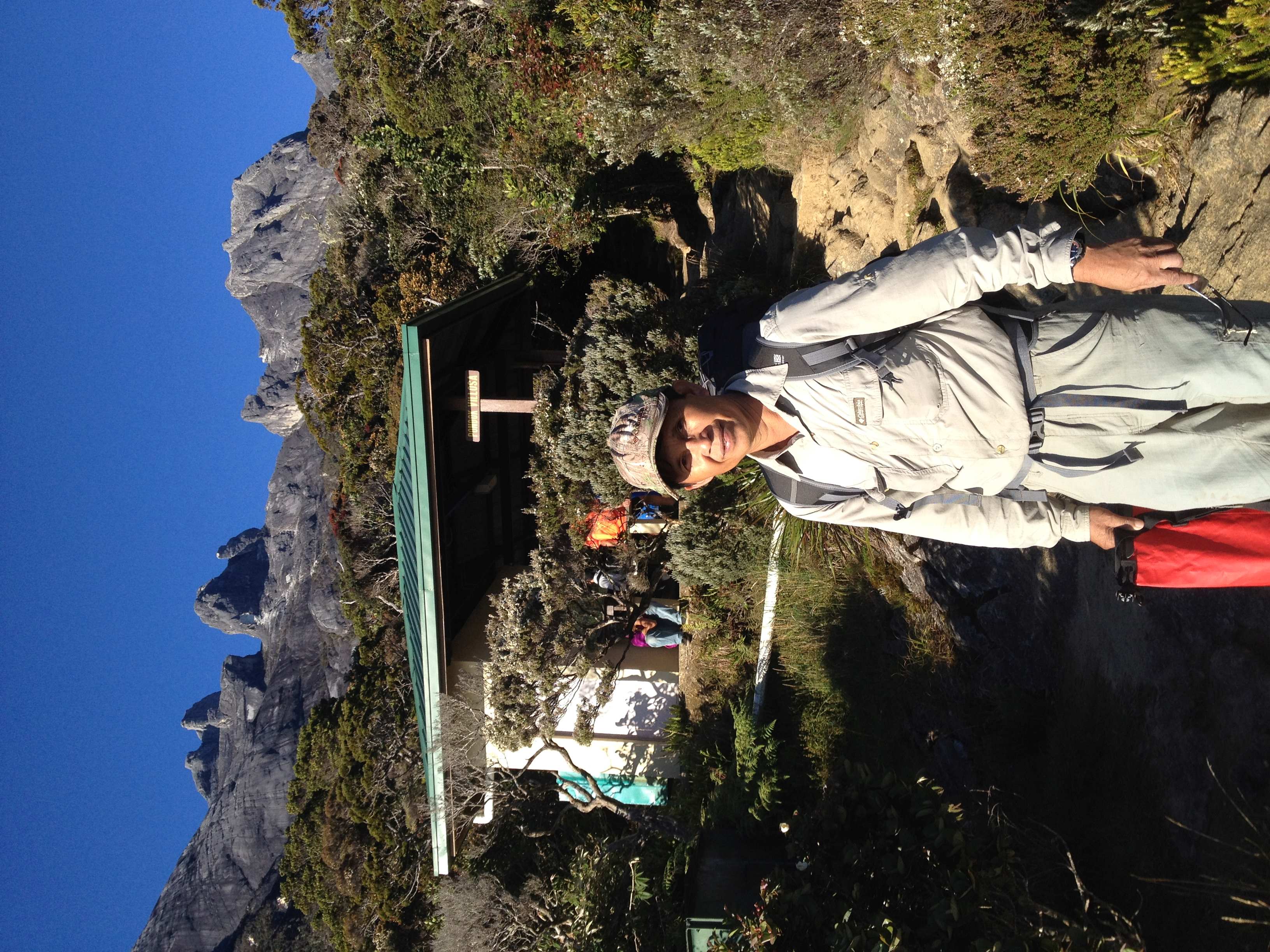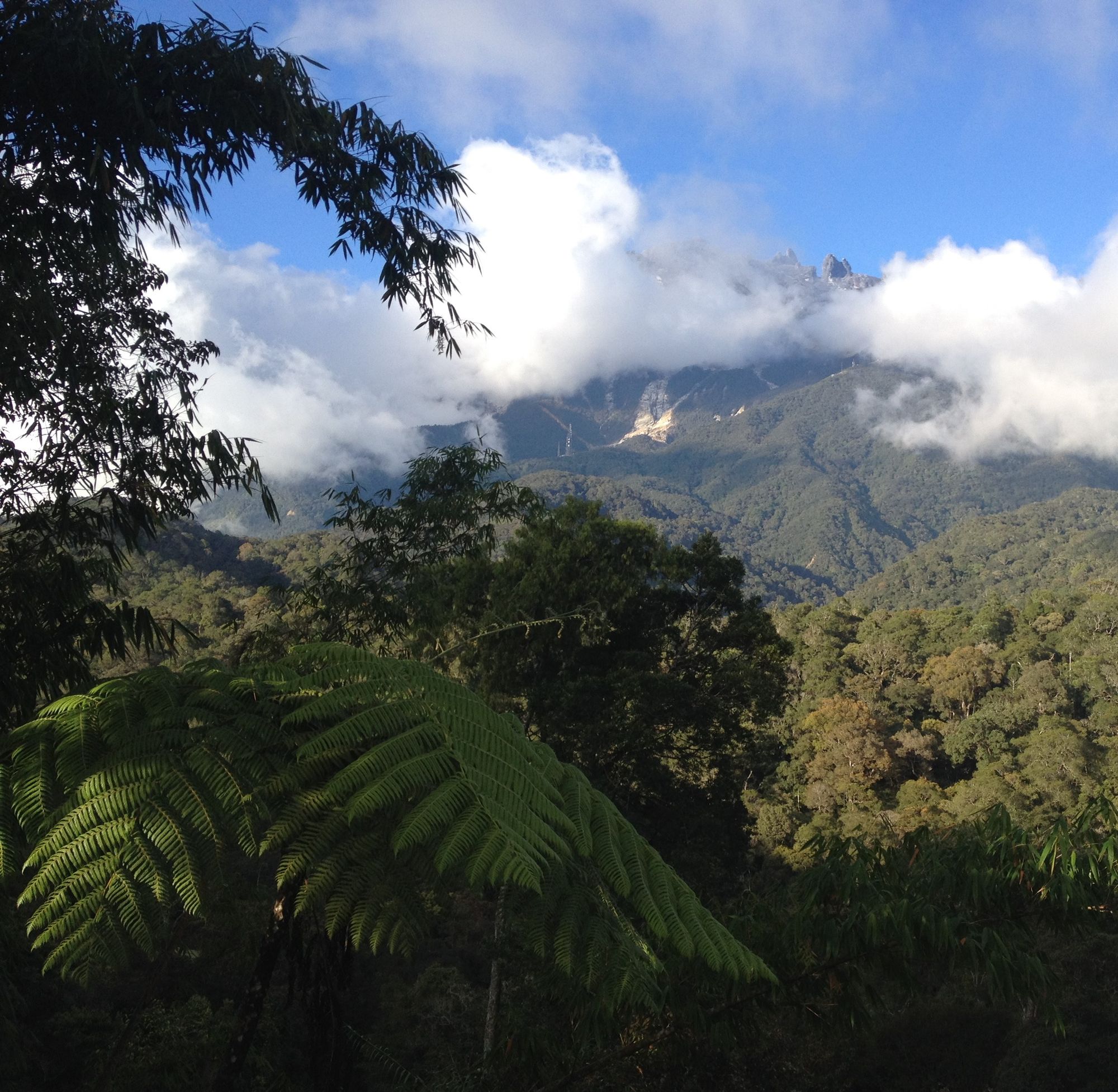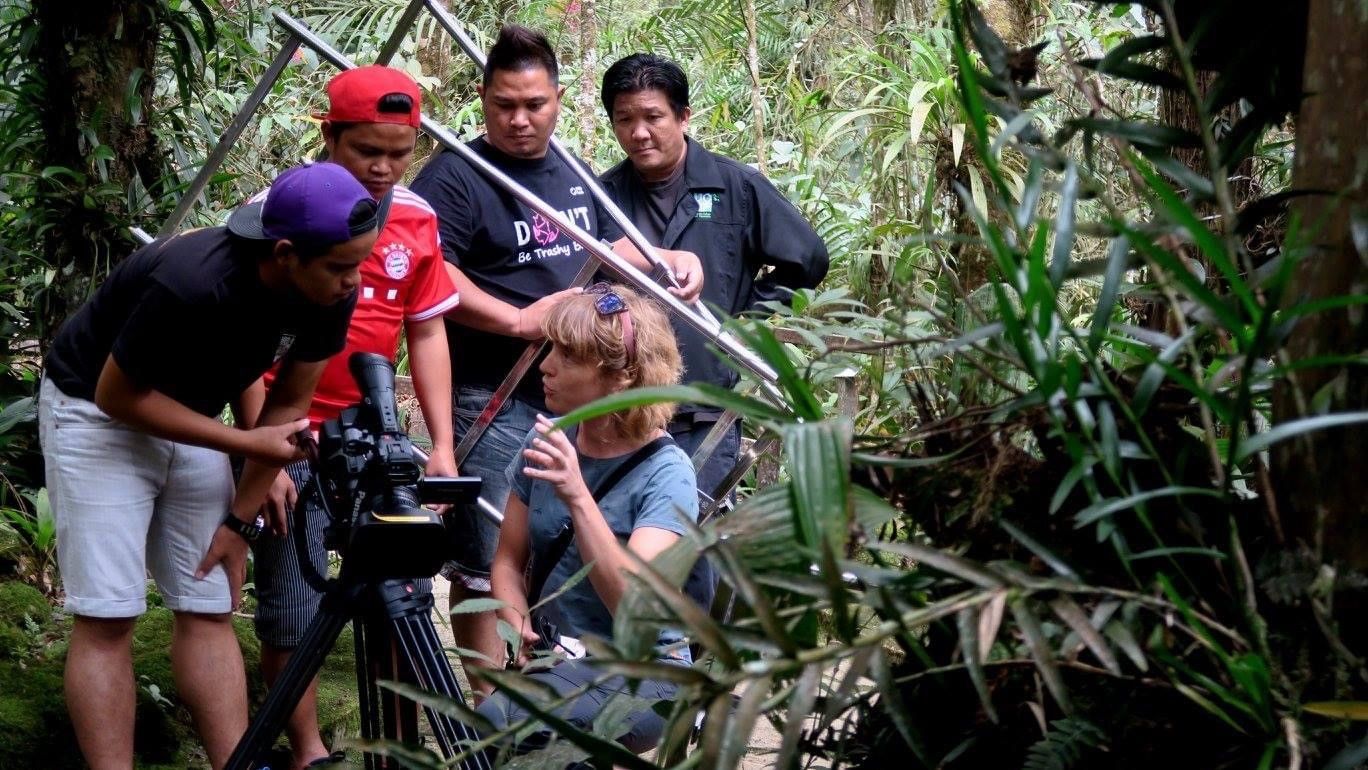From Ōtepoti to Kinabalu: making media that makes change
Making media about social and environmental issues is easier than ever but making it persuasive enough to change behaviour is another story, especially when cultural values are at play. Award-winning filmmaker Dr Wiebke Finkler is on a mission to make storytelling more strategic and impactful.

Making media about social and environmental issues is easier than ever but making it persuasive enough to change behaviour is another story, especially when cultural values are at play. Award-winning filmmaker Dr Wiebke Finkler is on a mission to make storytelling more strategic and impactful.
Any psychologist will tell you how difficult it is to change human behaviour. But the challenge is increasingly urgent–we’re creatures of habit living in a world that demands change. This is why filmmaker and academic Dr Wiebke Finkler wants science communicators to be more strategic and impactful and is helping them to do so both inside and outside the classroom.
From her Visual Research & Creative Marketing Lab at the University of Otago, Dr Finkler develops and tests new communication methods, such as short stories filmed on mobile phones, which all have a clear purpose: to evoke sustainable behaviour change and social good.
“I became increasingly interested in maximising the impact of communication on human behaviour,” says Dr Finkler of her journey as a marine biologist and earning a PhD in tourism, which focused on responsible whale watching. This background gave her a ‘toolbox in life and education’ with which to research and guide her students, as they make stories about topics ranging from protecting snow leopards in China to improving the wildlife signage for tourists in Ōtepoti Dunedin.
The story of a forest, a people and their values
One of visual storytelling’s special powers is to overcome barriers and build common understanding, especially about challenges involving cross-cultural understanding. A great example is Dr Finkler’s recent feature documentary, which she produced with the University of Otago’s Professor Lloyd Davis, in collaboration with the University College Sabah Foundation, in Borneo, Malaysia.
Making the film was a hands-on experience for Dr Finkler. As well as involving local students in the production, she worked as co-director, editor, sound designer and even as a camera operator, in a jungle teeming with more biodiversity than any other place on the planet: Kinabalu Park in Borneo.
The Guardian of Kinabalu tells the Park’s story through the eyes of local conservationist and ranger Alim Biun. A tragic earthquake on the heels of a controversial cultural faux pas by foreign tourists sets the scene, as Biun, due for retirement, reflects on his home’s past and his worries for its future. The Park faces threats ranging from deforestation, to increased tourism brought about by the region’s UNESCO World Heritage status. The film highlights the need for sustainable tourism management in our most precious and biodiverse places, something Dr Finkler says “is very near and dear to my heart.”


When making The Guardian of Kinabalu Dr Finkler worked closely with local communities including the indigenous people of Kadazan Dusan, for whom Gunung Kinabalu is literally Heaven on Earth. Spending time with them in their sacred forest, she says, enabled her to experience first-hand how culture influences everything we do.
“As filmmakers and creative people, telling stories helps us see how Western-centric our communication is. We can’t help it, but at least we are becoming aware of it - I found that incredibly powerful,” says Dr Finkler.
Among its many accolades, the film won the Special Jury Prize at the 11th International Kuala Lumpur Eco Film Festival.
The rules that give meaning to technology
Since that success, Dr Finkler’s quest for impact through media has only intensified. Short format storytelling, with its growing popularity among younger generations, offers particularly exciting research opportunities. She enjoys experimental freedom not common in the independent filmmaking space, feeling less need to compromise.
“I feel that freedom of academia in developing ideas and merging them with those pragmatic industry skills to create applied, actionable research.”
Dr Finkler has also brought her teaching off-campus and to the online community, via ‘Pocket Filmmaking Workshops’ for storytelling via mobile devices like phones and tablets.
“It’s exciting, because technological development has liberated everyone to be part of storytelling. But the challenge is, how do you do it meaningfully? For me, it’s by sticking to some of the basic rules.”
Where those storytelling rules begin and end, she says, is with people.
“All creative communication is about influencing human behaviour in one way or another. It starts with understanding the barriers - why are people not engaging in an activity, and what value does a behaviour offer to people? You must integrate relevant barriers and benefits into your creative concept in a strategic way. For me that’s always the mantra. That’s why some films don’t create the impact they should, because they’re not grounded in those human insights.”

Connecting businesses with solutions
Looking to the future, Dr Finkler will continue the work of her Visual Research Lab, with campaigns for social, sustainability and conservation change. 360 video and ambisonic (full-sphere) sound are among the techniques she aims to bring in to her storytelling. A documentary project on polar tourism is also on the horizon. Working in a diverse and creative space, Dr Finkler sees her research as a bridge between disciplines.
“I want to connect with business and industry for workable solutions. Because that’s where real change can happen.”
Find out more:
Finkler, W., & Leon, B. (2019). The power of storytelling and video: A visual rhetoric for science communication. Journal of Science Communication, 18(5).
Finkler, W. (2018). The science communication of whale watching: A people-focused science communication approach (PhD). University of Otago, Dunedin, New Zealand.
* Quotes in this article may have been edited for clarity and brevity. The views expressed in this article do not necessarily represent the views of the Centres of Asia-Pacific Excellence.



